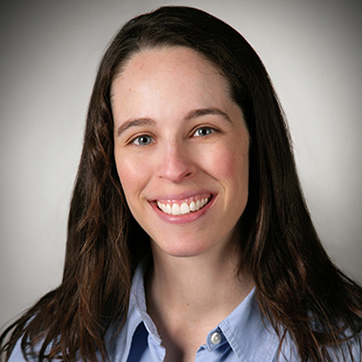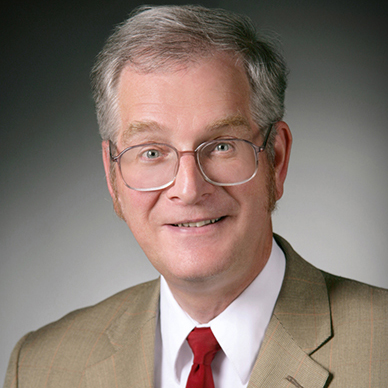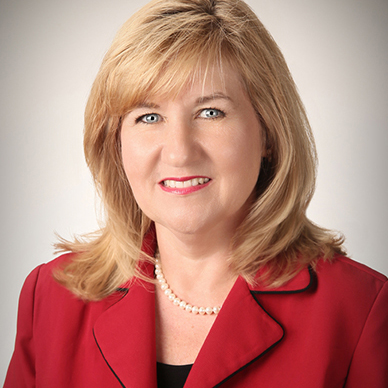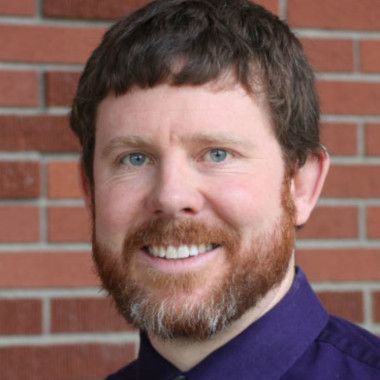Division of Cell Sciences
Mark A. Taylor, PhD
COM-Biomedical Sciences; COM-Faculty; Chief of Cellular Sciences; Co-Director of MAMS Program
Kathaleen Briggs Early, PhD, RDN, CDE
Associate Professor of Biochemistry and Nutrition
For more details on course structure, please check out our Curriculum
Division of Microbiology
Kimberly Taylor, PhD
Chief, Microbiology
Associate Professor of Microbiology
ktaylor@pnwu.edu
Infectious diseases will kill more people worldwide than any other single cause. A core purpose of the Division of Microbiology is to empower medical students with a functional understanding of microbes, microbial-host interactions, and infectious disease etiologies needed for integration with other medical disciplines and competent clinical practice. The microbiology curriculum at PNWU is aligned with the core knowledge objectives formulated by the Association of Medical School Microbiology and Immunology Chairs on the national level and is implemented via the seven Core Competencies of Osteopathy, as identified by the National Board of Osteopathic Medical Examiners.
Division Educational Resources
- Bacteriology Resources
- Virology Resources
- Mycology Resources
- Parasitology Resources
- Prion Resources
Division Research
The Taylor Lab:
Dr. Kim Taylor’s research interest has historically rested in the area of global climate change and its impact on communicable disease with a particular emphasis on the occurrence and distribution of vector- and water-borne pathogens as global warming advances. Most recently, the Taylor Lab has begun research addressing the newly identified odontopathogen Scardovia wiggsiae. Scardovia wiggsiae was identified in 2010 as a potential main etiology for Early Childhood Caries (ECC) or “bottle caries”–an element of the most common chronic disease of childhood: cavities. According to the U.S. Surgeon General’s Report on Oral Health (2000), childhood dental caries in general is five times more common than asthma and seven times more common than hay fever. It is also well established that ECC disproportionately affects socioeconomically disadvantaged groups. The Taylor Lab seeks to study the incidence of ECC and ultimately the presence of Scardovia wiggsiae as an etiology of ECC in Yakima County, WA. The Taylor Lab predicts a distinctly high incidence of ECC in the geographical area under study due to the fact that it fits the overall socioeconomic predictors of incidence for ECC. Yakima County private medical and dental providers serve approximately 68,000 Medicaid recipients with only four out of ten children accessing dental services. There is a shortage of dental care providers in the county with only approximately 75 general dental practitioners–that is one provider for every 3,475 individuals. This is twice the number of possible patients per dentist as compared to the state average. Additionally, 26% of county children live in poverty. The overall percentage in WA is 14% and the national benchmark is 11%.
Division of Pathology
Julie Randolph-Habecker, PhD
Chief of Pathology
Debra Callahan, MD
Associate Professor of Pathology
For more details on course structure, please check out our Curriculum.
Division of Pharmacology
William Elliott, MD, PhD
Chair, Biomedical Sciences
Chief, Pharmacology
Professor of Preventative Medicine, Internal Medicine, and Pharmacology
Jeff Novack, PhD
Associate Professor of Basic Sciences
Joel Thome, PharmD
Assistant Professor of Pharmacology
Eric Lee, PhD
Assistant Professor Biomedical Sciences
For more details on course structure, please check out our Curriculum.
Division of Physiology
Kailen Young, PhD
Chief Physiology
Professor Physiology
For more details on course structure, please check out our Curriculum.
Faculty











William Elliott, MD, PhD
Chair of Biomedical Sciences
Jeff Novack, PhD
Associate Professor of Biomedical Sciences
Course Offered
BIOMED 501 Scientific Foundations of Medicine
CLIN 504 Musculoskeletal & Integumentary System
CLIN 510 Cardiovascular System
CLIN 512 Respiratory System
CLIN 603 Genitourinary/Reproductive System
CLIN 604 Board Exam Preparation
CLIN 616 Renal System
CLIN 618 Behavioral Medicine
CLIN 625 Hematology/Oncology/Infectious Disease
CLIN 627 Gastrointestinal System
CLIN 628 Nervous System
CLIN 629 Endocrine System
PHARM 599 Pharmacology
RSRCH 601 Research Experiences
For more details on course structure, please check out our Curriculum.
College of Osteopathic Medicine
COM Mission & Strategic Plan
COM Administration
Faculty
Academic Departments
Department Updates
Academic Resources
Clinical Education
Curriculum
Graduate Medical Education
What is a DO?
White Coat Ceremony Information
White Coat Livestream
Clinical Education Syllabi
Clinical Faculty Development Handbook
Clinical Faculty Application
Clinical Preceptor Guide
Master Preceptor Fellowship
Request Information
Contact Information
Butler-Haney Hall
200 University Parkway
Yakima, WA 98901
Vicky Koch
Executive Assistant to the Dean
509-249-7803
vkoch@pnwu.edu